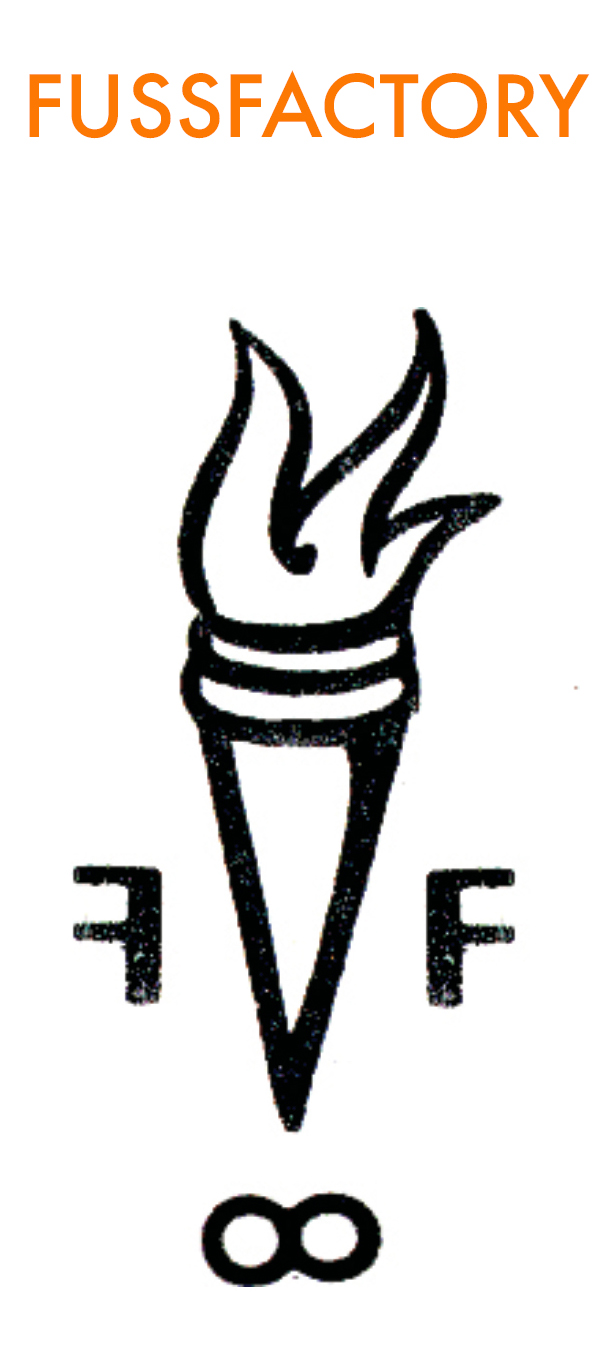#sparkchamber 010923 — Dana Belcastro
One of the themes that has emerged over the course of #sparkchamber — six years next week! — is that of something bigger, outside or beyond the self, pulling or pushing focus. An irrepressible, smoldering fire to do the thing … or undo it. To figure it out; to right the wrong; to heal the wound; to clear the path. For some, there is great urgency to get that box checked. For others, it’s just an ever-present baseline, something innate and infinite.
Today, we welcome Dana Belcastro, a preeminent film producer who broke through the acute glass ceiling overtop the male-dominated film industry on notable productions Titanic, Burlesque, Point Break [2015], and Blade Runner 2049 [among many others]. Her personal experiences gave fuel to a fire. “There’s a genuine divide between the projects women are routinely hired for — lower-budget comedies and dramas — and the more complicated $100 million to $200 million visual-effects and stunt-heavy movies. We need to hire more women and minorities in key positions on those big-budget blockbusters.”
Looking to create the necessary change, Dana and fellow groundbreaker Debra Bergman, co-founded the Women’s Production Society in 2006. Initially established as a periodic social gathering to advance equity in behind-the-lens positions for content production, the association has blossomed into a powerful action group with a mission to promote the hiring of women in leadership roles in film, television, and new media. Their current membership of over 80 physical-production executives represents every major film and television studio, streaming service, and independent film production company. Through advocacy, networking, mentoring, training, and hiring, the group is committed to supporting each other, to pay equity, and to raising women up in all roles of production.
Their efforts not only model a different way of doing business, they reflect a call to action — to both men and women. Creating opportunities for the next generation of women and other under-represented groups is not just the right thing to do, it’s essential to the vitality and sustainability of the industry itself. Content needs an audience. And representation matters. Engaging and including a rich diversity of identity and lived experience in the creative process generates content with a deeper connection to a broader audience. The universe expands. That is what success looks like.
Progress is being made, and there is still a long way to go, but “I’ve been working in film for close to 40 years. The sense of forward momentum drives everything we do, and I’m inspired and comforted by that energy.”
1.] Where do ideas come from?
For me, it’s connectivity with my friends and colleagues, talking and thinking about what we can do, what comes next, what concrete actions can we put in place to affect positive change. The collective energy our group creates is powerful and generates ideas whenever we meet.
2.] What is the itch you are scratching?
It’s almost a physical compulsion — I have a tendency to get restless and I need to move forward, make something, meet someone, talk over an idea and tweak it.
3.] Early bird or night owl? Tortoise or hare?
Building that habit is difficult but I find a few minutes here and there to get some work done. It’s never enough time but the more I do the better I get at it.
4.] How do you know when you are done?
The work with The Womens Production Society is never done but other projects are more concrete — though it’s always hard to let go of the idea that you could have done better.


